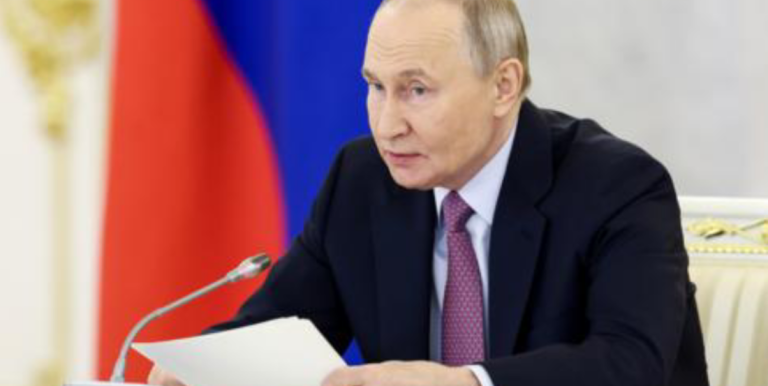
While Trump pledges swift resolution, Putin’s long-term objectives may render such optimism tragically misplaced
“If I’m president, I will have that war settled in one day, 24 hours.”
– Donald Trump (May 10, 2023 CNN Town Hall, New Hampshire)
New York, N.Y. – When Donald Trump [Luce Index™ score: 35/100] confidently declared at a May 2023 CNN Town Hall that he could end the Ukraine war in “one day, 24 hours,” the statement epitomized both his characteristic bravado and a fundamental misunderstanding of the strategic calculus of Vladimir Putin [Luce Index™ score: 33/100]
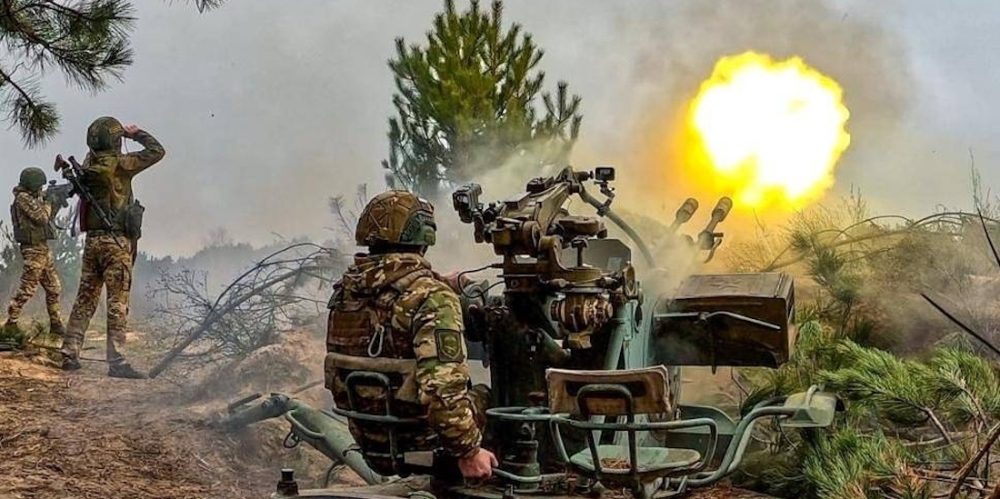
While Trump’s supporters may view such pronouncements as evidence of his dealmaking prowess, the reality confronting any future U.S. President is far more complex than campaign rhetoric suggests.
Putin’s invasion of Ukraine in February 2022 wasn’t merely a territorial grab or a response to NATO expansion—it represented the culmination of a decades-long imperial project aimed at restoring Russia’s sphere of influence over former Soviet territories.
This isn’t a conflict that began in 2022 or even 2014 with the annexation of Crimea; it’s the latest chapter in Putin’s systematic effort to undermine the post-Cold War order that has defined European security architecture since 1991.
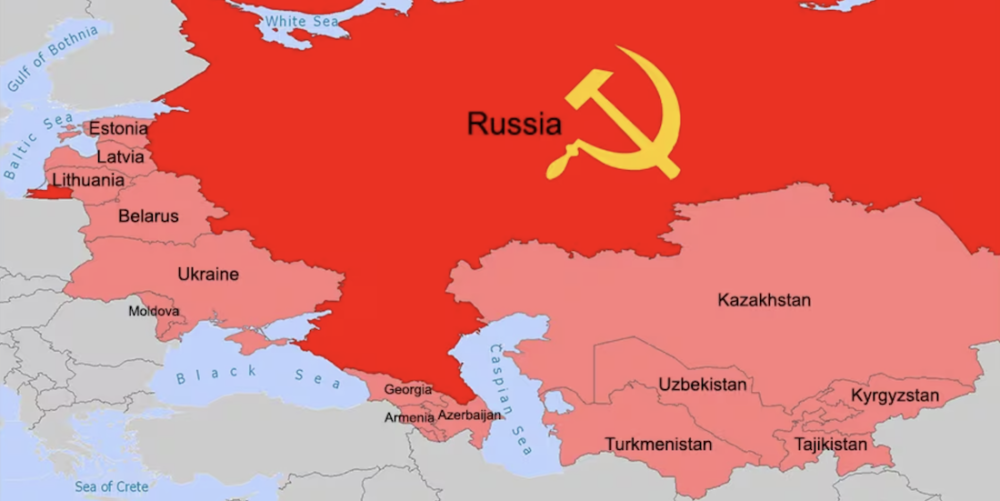
Putin’s Calculated Long-term Strategy
Understanding Putin’s motivations requires examining his public statements and actions over two decades. In his infamous 2005 address to the Federal Assembly, Putin called the collapse of the Soviet Union “the greatest geopolitical catastrophe of the twentieth century.” This wasn’t mere nostalgia—it was a roadmap. Every subsequent action, from the 2008 invasion of Georgia to the 2014 Crimean annexation, has served this overarching objective of reconstituting Russian imperial control.
Putin’s strategy transcends mere territorial acquisition. He seeks to demonstrate that the United States cannot protect its allies, that European Union unity is fragile, and that the liberal democratic order established after World War II is unsustainable. Ukraine’s resistance, therefore, represents an existential threat to Putin’s narrative of inevitable Russian dominance over Eastern Europe.
The Kremlin’s information warfare campaigns, cyberattacks against Ukrainian infrastructure, and systematic targeting of civilian populations reveal a leader committed to total victory rather than negotiated settlement. Putin has repeatedly stated that Ukraine has no right to exist as an independent nation—a position that makes Trump’s promise of swift resolution appear dangerously naive.
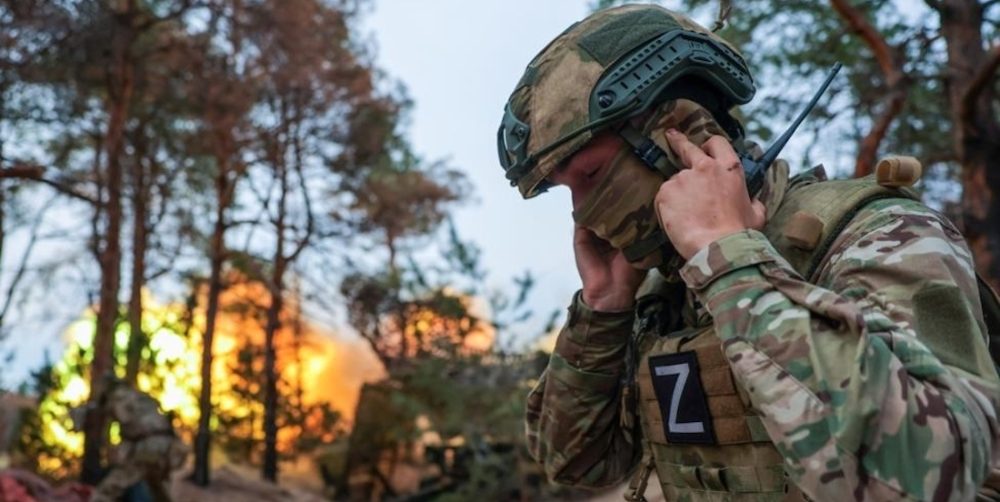
The Complexity Trump Underestimates
Trump’s “one day” claim reflects a transactional worldview that treats geopolitical conflicts like real estate negotiations. However, the Russia-Ukraine war involves fundamental questions of sovereignty, territorial integrity, and the future of the international legal order. These aren’t variables that can be adjusted through personal rapport or deal-making acumen.
Ukrainian President Volodymyr Zelensky has consistently stated that any peace agreement must include restoration of Ukraine’s internationally recognized borders, including Crimea and the Donbas region. Putin, conversely, has demanded Ukrainian neutrality, demilitarization, and recognition of Russian territorial gains. These positions aren’t negotiating tactics—they represent irreconcilable visions of Ukraine’s future.
Moreover, European allies have invested enormous political capital in supporting Ukraine. Germany, Poland, and the Baltic states view Ukrainian resistance as essential to their own security. Any U.S. attempt to pressure Ukraine into territorial concessions would fracture the Western alliance that has been America’s greatest strategic asset since 1949.
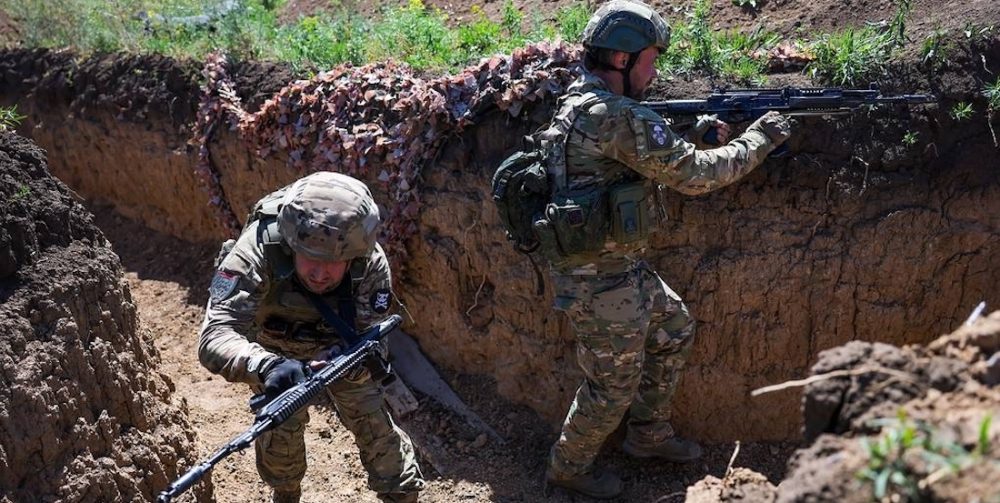
Why Putin Benefits from Prolonged Conflict
Contrary to assumptions that Putin seeks quick resolution, the Russian leader may actually benefit from extended conflict. The war has allowed him to consolidate domestic control, eliminate political opposition, and reshape Russian society around a wartime narrative. Economic sanctions, rather than weakening Putin’s grip on power, have enabled him to blame Western aggression for Russian hardships while strengthening state control over the economy.
Internationally, the conflict has accelerated the formation of alternative power blocs. China, India, and other nations have increased their economic cooperation with Russia, creating new markets for Russian energy exports. Putin views this as progress toward a multipolar world order that diminishes American hegemony—a strategic objective worth considerable sacrifice.
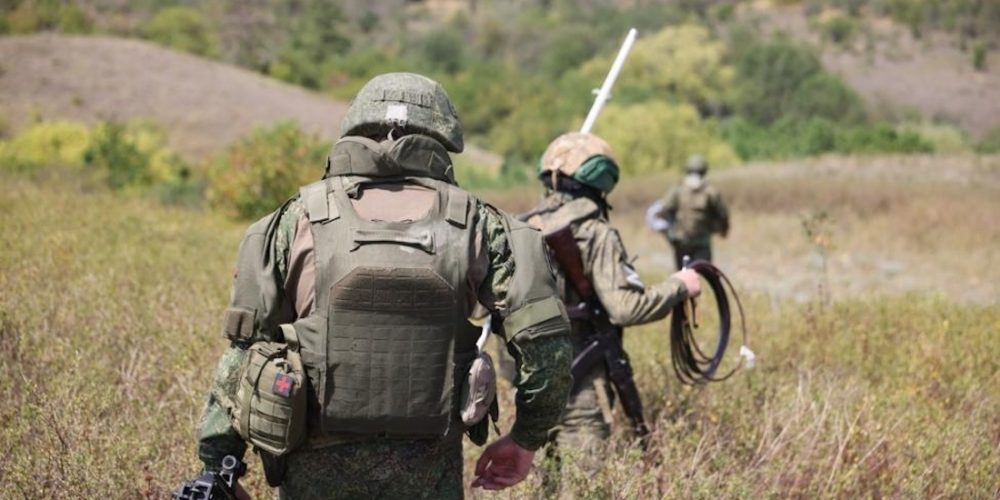
The Limits of Personal Diplomacy
Trump’s confidence in personal relationships as a tool for conflict resolution ignores the institutional and ideological forces driving Russian behavior. Putin’s decisions aren’t based on personal affinity but on cold calculations of Russian state interests as he defines them. The Russian leader has consistently demonstrated willingness to sacrifice economic prosperity, international standing, and even Russian lives for imperial objectives.
Historical precedent suggests caution regarding authoritarian leaders’ commitments to negotiated settlements. Adolf Hitler’s serial violations of international agreements in the 1930s demonstrated that totalitarian regimes view diplomacy as a tactical tool rather than a binding constraint. Putin’s track record—from Chechnya to Georgia to Ukraine—follows a similar pattern of negotiation, violation, and escalation.
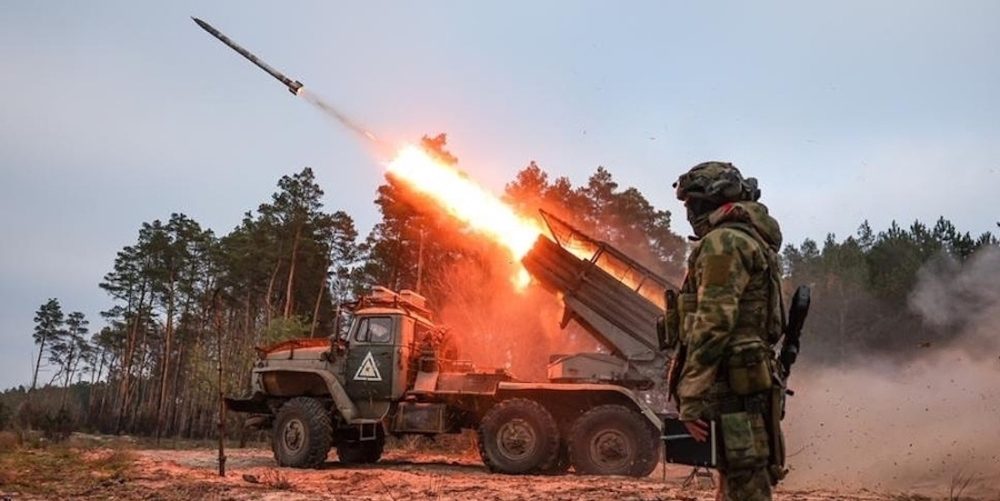
Implications for American Foreign Policy
The tragedy of Trump’s “one day” promise isn’t just its impracticality—it’s the false hope it creates among war-weary populations on both sides of the Atlantic. Ukrainian civilians enduring Russian bombardment and European taxpayers funding refugee assistance naturally desire swift resolution. However, premature pressure for settlement could reward Russian aggression and invite future conflicts.
American foreign policy must balance the desire for peace with the necessity of deterring future aggression. This requires sustained commitment to Ukrainian defense capabilities, maintenance of economic pressure on Russia, and strengthening of NATO deterrence. These aren’t policies that produce dramatic headlines or quick victories, but they represent the patient work of preserving international stability.
Putin’s laughter at Trump’s timeline isn’t mere mockery—it reflects confidence that Western democracies lack the strategic patience necessary for long-term competition with authoritarian regimes. Proving Putin wrong requires acknowledging that some conflicts cannot be resolved through personal charisma or deal-making prowess, but only through sustained commitment to principles that transcend electoral cycles.

Trump’s Ukraine Peace Promise Faces Putin’s Strategic Reality (July 30, 2025)
Summary
Trump’s promise to end the Ukraine war in 24 hours reveals a fundamental misunderstanding of Putin’s long-term imperial objectives. The Russian leader benefits from prolonged conflict, using it to consolidate domestic control and reshape the international order. Any sustainable peace requires acknowledging that Putin’s goals extend far beyond territorial gains to encompass the destruction of the post-Cold War security architecture that has preserved European stability for three decades.